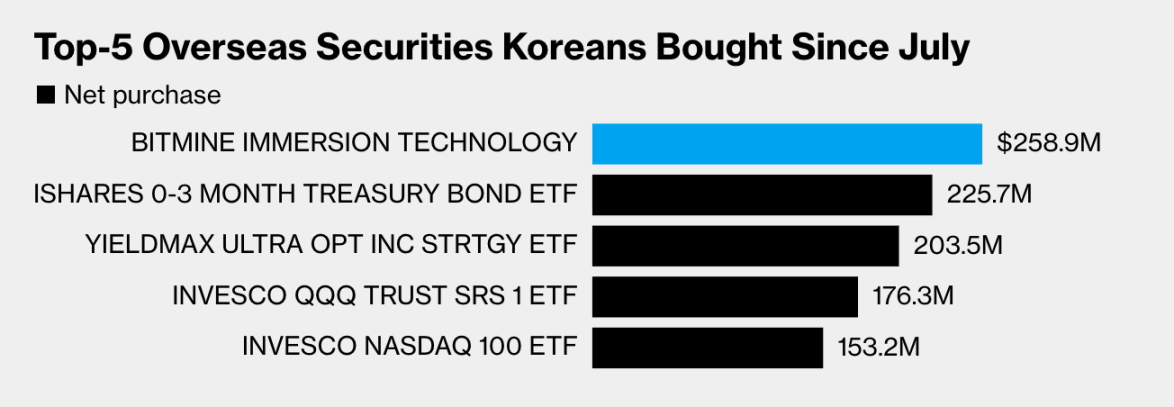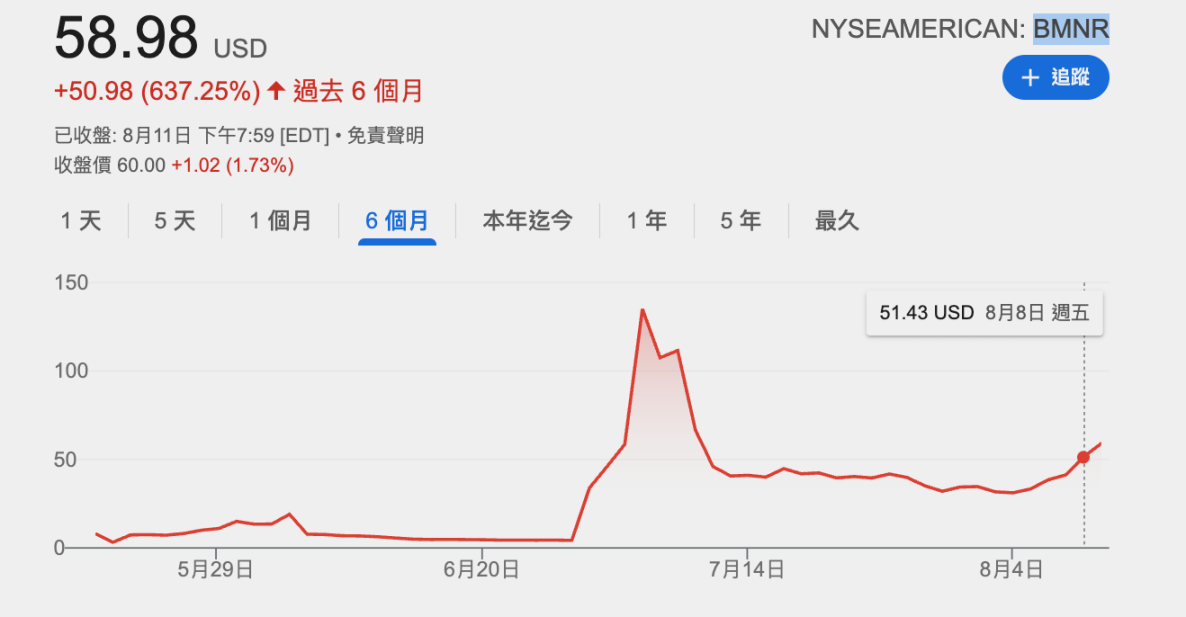Author: angelilu, Foresight News
The cryptocurrency trading frenzy in South Korea has quietly surged into the "stock market." The "kimchi premium" of yesteryear was once a spectacle that the global cryptocurrency market eagerly discussed. In this country of just 51 million people, Bitcoin trading volumes were enough to shake the global market. Although the government's stringent regulations have made this premium phenomenon a thing of the past, the adventurous spirit inherent in Koreans has not faded; they are simply seeking new outlets.
Moreover, the main players in this frenzy are not large institutional investors in South Korea, but rather the younger generation of retail investors betting on their futures. In this nation of 51 million, as many as 18 million people are active in the digital asset market, accounting for more than one-third of the country's total population. Among them, nearly a quarter of young people aged 20 to 39 view cryptocurrency trading as their only chance to turn their lives around.
BitMine is the latest trading target
According to data from South Korea's securities custody agency cited by Bloomberg, South Korean investors have poured a net $259 million into BitMine stocks since July, making BitMine the top overseas stock purchase in South Korea.

BitMine is a U.S. Bitcoin mining company backed by "Silicon Valley king" Peter Thiel, which has recently transitioned from Bitcoin mining to adopting ETH as its financial strategy, now holding over 1.15 million ETH worth more than $4.96 billion. This makes it an important "vault" for ETH holdings on Wall Street. Interestingly, Tom Lee, a key figure in bringing ETH to Wall Street, is also a director at BitMine.
Tom Lee is a Korean-American. After experiencing the bloody lesson of the LUNA coin crash, South Korean investors' enthusiasm for risk assets has not waned. The emergence of a "fellow countryman" from overseas who has achieved great success in the financial world undoubtedly garners high trust and attention. For South Korean retail investors, this is not just the opinion of an industry expert, but also a call imbued with national sentiment. This subtle cultural identification further strengthens their confidence and enthusiasm for the cryptocurrency market.
Why not buy ETH directly?
A key question arises: since they are optimistic about Ethereum, why not buy ETH directly instead of going around to buy BitMine stocks?
Volatility may be the answer. Although cryptocurrencies are known for their extreme volatility, some retail investors may believe that participating through the stock market can provide a different risk exposure.
Backtesting shows that ETH's price rose from $2,500 to $3,800 in July, an increase of 52%. During this period, BitMine's stock BMNR rose from $46 on July 1 to a peak of $135, with a maximum increase of 193%.
However, as of the time of writing, ETH has risen to $4,300, the highest level since December 2021. Meanwhile, BMNR's price has only slightly rebounded to $58.98. Risk-seeking South Koreans seem to prefer investment products with higher volatility, even though this "roller coaster" rise and fall can lead countless chasing retail investors to fall from the clouds.

In fact, the direct trading volume of ETH is also significant, with South Korea's largest exchange, Upbit, recording an ETH trading volume of $111.1 billion for the entire month of July, and net inflows are currently unquantifiable.
BitMine is just a microcosm of the "coin-stock" frenzy
However, this is not the first time South Koreans have rushed into "coin-stocks." When the stablecoin company Circle went public, it attracted the attention of South Korean investors, with net purchases reaching $450 million in the month of Circle's listing, pushing Circle's price-to-earnings ratio to 187 times, a figure that far exceeds any reasonable valuation for traditional fintech companies.
This frenzy has also swept through the South Korean domestic market. The new government's cryptocurrency-friendly policies have filled retail investors with expectations, which is part of the reason for pushing the South Korean composite stock price index to a nearly four-year high. When the Bank of Korea announced the launch of a digital currency project (CBDC), retail investors sensed an opportunity. The stock prices of companies involved in the project, such as Kakao Pay and LG CNS, seemed to rocket in a short time. Kakao Pay's stock price doubled in just one month, while LG CNS followed closely behind, soaring nearly 70%.
When the frenzy eventually subsides
The "cryptocurrency-related stock" craze in South Korea is less a financial phenomenon and more a reflection of deeper social issues. It illustrates how young people in South Korea are urgently seeking non-traditional, high-risk breakthrough paths in an environment where traditional wealth accumulation channels are increasingly narrow.
As Hadick from Dragonfly warns: "When the premium disappears, investors will quickly sell off their stocks; these phenomena are usually short-lived." The valuations of "cryptocurrency-related stocks" driven up by emotion and speculation may essentially be a massive bubble. When the frenzy finally subsides, who will be left exposed may only become clear at that time.
免责声明:本文章仅代表作者个人观点,不代表本平台的立场和观点。本文章仅供信息分享,不构成对任何人的任何投资建议。用户与作者之间的任何争议,与本平台无关。如网页中刊载的文章或图片涉及侵权,请提供相关的权利证明和身份证明发送邮件到support@aicoin.com,本平台相关工作人员将会进行核查。




